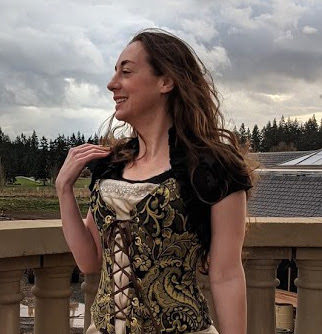The first thing you need is desire! Not just desire to be a novelist, but the desire to write itself. It’s true that that desire comes and goes; it’s very normal to have stages with a project where the writing is something you have to push yourself to do. But at heart, you need to like playing with words and telling stories.
As for skills, to me they come in two main
buckets: writing skills, which help you write good sentences and paragraphs,
and storytelling skills, which help you write good chapters and books. Good
writing makes a reader want to underline passages for their beauty or insight;
good storytelling makes you want to turn the page and find out what happens
next. Both of these kinds of skills are important to learn and important to
respect.
Honing writing skills is often easier
because sentences and paragraphs are small enough to analyze in a class or
small group, looking closely at examples from published books and at students’
own work. It’s more difficult to find the time to write and look at longer
work, so storytelling skills are often not dealt with, or only dealt with by
discussing published books, not practiced by students themselves.
Student writers also get great at writing
starts and standalone scenes/short stories. It’s common in a class for each new
skill to be practiced by writing something entirely new. It’s important to also
practice writing onward if a novel is your goal. Continuing a story feels
different from starting, and that strangeness can make an inexperienced writer
uncomfortable. It can make them wonder if they should turn back and look for a
better idea. It’s important to know that that difference in feeling is normal
and expected. It doesn’t, on its own, mean start over.
When I started teaching, I thought that if
someone can write good scenes they can write a good novel; after all, a novel
is just a lot of scenes, right? But I learned that stitching scenes together
into a coherent whole that has momentum and crescendo takes different skills.
That’s the storytelling bucket. For me, the most important of those skills is
cause and effect. Each happening should be the cause of the next, and so on,
and so on.
In Time to Write I give equal time
to writing skills and storytelling skills, and other aspects of the writing
life, such as giving and receiving critique, and publishing. Getting stories
out of one’s head and onto the page, vividly and with clarity, is one of life’s
great pleasures. I aim to help others to write their own stories and share in
that happiness.

.jpg)







0 comments:
Post a Comment